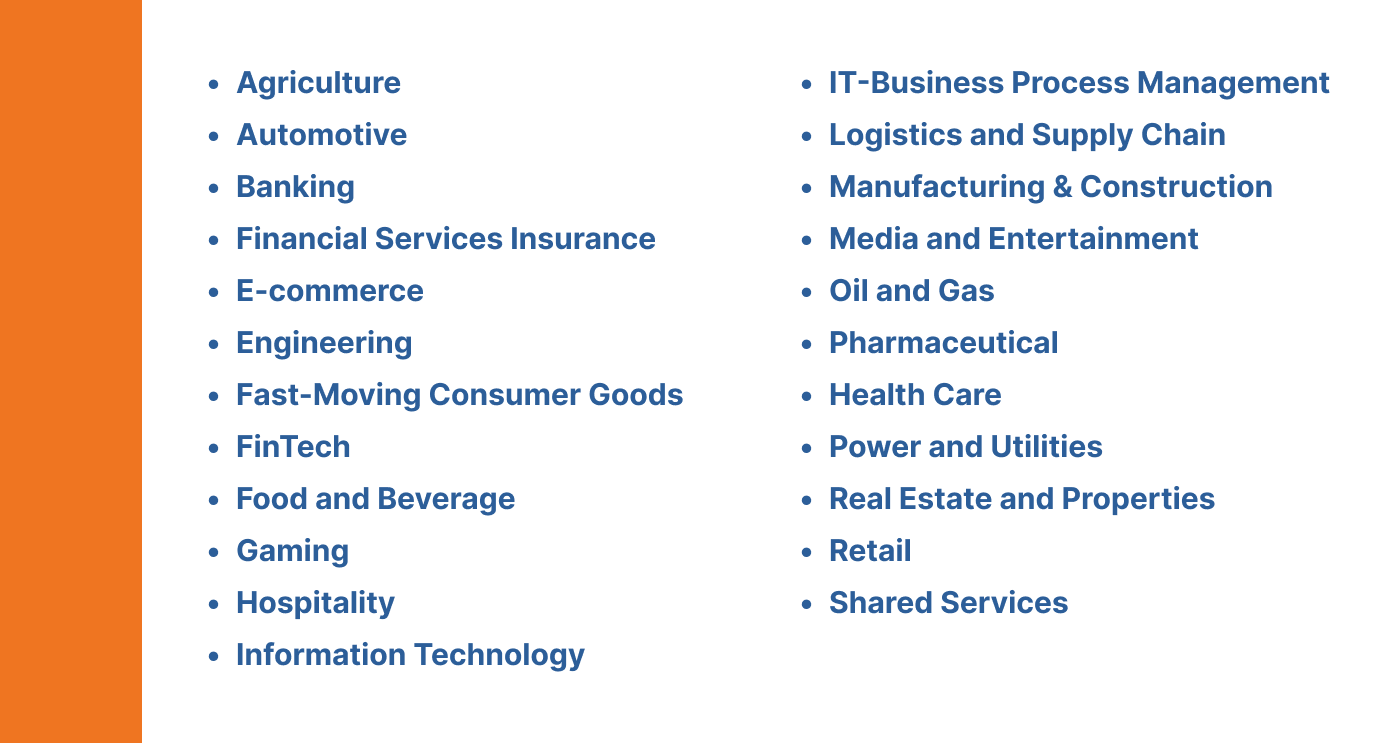By: Allanah Paragas
All types of management start with self-management — or the “ability to take responsibility of your own behavior and well-being.” In our early childhood development, we were taught to control our moods and behave accordingly. This led us to be empowered, and we eventually learned that self-management is essential in setting and reaching goals. While self-management seems to be a skill that adults may have fully developed, unavoidable stress and conflict in the workplace trigger that ability.
Experiencing conflict and stress undermines our ability to focus, work productively, and affects the relationships with our colleagues. Adding in the fear and uncertainty brought by the pandemic, we are in an even heightened alert in our physiological state of being, which may lead to poor decision-making, work burn-out and breakdowns.
Conflict management is an essential leadership skill that comprises of being able to identify and handle conflict sensibly, fairly, efficiently, and quickly. But before you start managing conflict, can you actually manage yourself first? Dee Hock, the co-founder of Visa credit card quotes, “If you are aiming to lead, invest at least 40% of your time in managing yourself.”
We are pressured to present our best selves at work, as our colleagues, bosses, clients and customers depend on us. Hence, self-management is integral to be able to manage others. The way you cope with stressors and manage yourself can help you develop skills that are essential to leading a team and take control of conflict and stress.
Here are three effective ways on strengthening self-management and coping:
Be aware of the situation and your emotions
According to Minfulness.org, mindfulness is the ability to be “fully present, aware of where we are and what we’re doing, and not overly reactive or overwhelmed by what’s going on around us.” At the face of adversity, your response can affect the outcome of the situation. Without mindful thinking, negative reactions can make the situation more stressful, thus contributing to unnecessary negative impact on yourself.
Being mindful can be achieved in different ways. In several research studies, the most simple and reliable way is to practice self-meditation. Stress can happen when your mind starts to uncontrollably wander off, either thinking of the things you could have done in the past or perhaps worrying about the future. Self-meditation can help train your mind to come back to the present moment. The most practical way to self-meditate is to find a comfortable place to sit, close your eyes, and breathe slowly. Allow your mind to notice all sensations throughout your body, and practice this method for at least two minutes.
If this does not ease your mind, you can also try exercising (i.e. walking) for a few minutes and focus on your bodily sensations. You can also download mobile apps on meditation such as Calm, Mindfulness, Headspace, and Insight Timer to name a few. These apps can provide you with ways on self-meditation at your own pace.
Whichever method you choose, the goal of meditation exercises should allow you to have the attention to your physical sensations, thoughts, and emotions. Master the art of awareness, and this will develop your ability to see the situations clearly, react sensibly, and make a sound decision.
Know how you re-energize at your own pace
Coping is easier said than done, and that human beings have different personality traits that result to different coping mechanisms. For example, introverts energize by spending time in their own thoughts and feelings, while extroverts thrive on the company of others.
It may be best for introverts to simply have quality time with oneself. Getting into journaling, examining your own thoughts, and organizing your own space are three effective ways on how you can cope. On the other hand, extroverts may cope by communicating and getting support from confidants, family, and friends. Whatever your personality trait is, be at par with yourself and remember to keep at your own pace.
“There is no such thing as time management, there is only self-management,” says Rory Vaden, a self-discipline strategist and New York Times best-selling author. While you can excuse yourself to cope, it also critical you learn to ignore the noise. He also adds that discipline is about focusing on what’s important, learning to let go of the little things, and being okay with delaying the less important tasks to an appropriate time.
Have a resilient mindset
Having a resilient mindset means you are able to bounce back to the present situation with finesse, even after experiencing a major setback. By being resilient, you are able to stay balanced and have full control of your emotions.
Equipping yourself with strong resiliency does not happen overnight, and one of the best ways to start is simply by being able to compartmentalize your cognitive load, so that you can optimize the process of the flow of information. This will help you break down complex thoughts, and aid you in achieving important tasks before moving to another.
Another way to develop resilience is to train your mind to develop an agile mind. An agile mind embraces change, is not be easily overwhelmed by changes, and accepts perspectives openly. Karin Dames, an agile coach and author, highlights that those with an agile mind constantly looks for ways to do the same work easier and better, and that a crisis is seen as a situation to innovate.
Marcus Aurelius, a Roman emperor and a Stoic philosopher spent tremendous energy on mastering self-leadership. He highlighted that self-discipline, personal ethics, humility, and self-actualization are the most valuable products of the human mind, and are necessary tools to lead. While this ancient teaching may still be overwhelming to achieve at this present time, it all basically starts with the mind and self-management. Take it one step at a time, and you will find yourself slowly developing better leadership skills.







